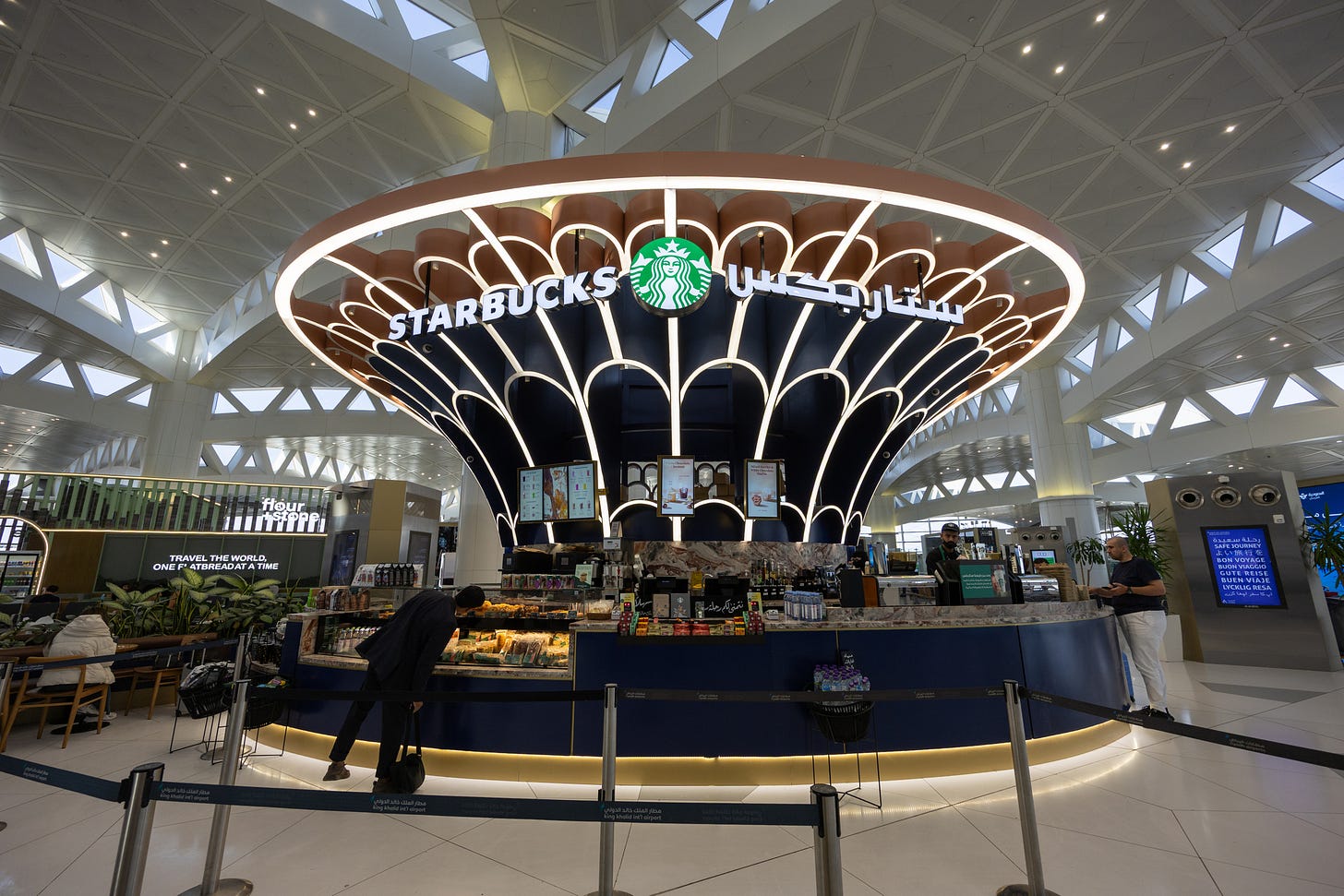MAKE IT MAKE SENSE: Comedy's free speech crisis
Laughs and limits at the Riyadh Comedy Festival, Russia's shadow war, an older and wiser return to rock
THE GIST: No laughing matter in Riyadh
When they pushed back against Disney following the cancellation of Jimmy Kimmel’s show under pressure from the White House, American comedy fans made it clear — to the tune of 1.7 million subscription cancellations — that they would defend the right of comedians to free-range criticism, no topic off the table, just …




